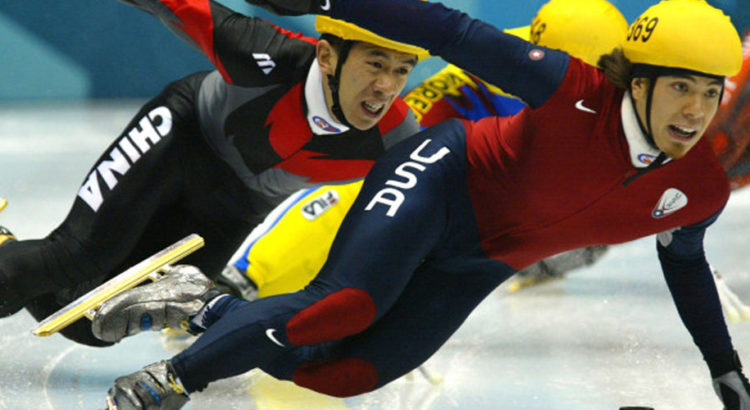The more you listen to a song, the faster you recall its entire lyrics and melody. Repetition helps strengthen the listener’s memory. Soon you’ll be able to associate the repeated lines with anything that’s vaguely related to it. Use this powerful technique to enhance your pitch.
When done correctly, repeating certain words and phrases in your speech makes a lasting impact. Before you tackle this technique, you must first learn how to effectively engage your audience.
Audience recall is another issue. Will they remember key ideas even after the presentation?
What is Anaphora?
Anaphora is a Greek term meaning repetition of words or phrases at each succeeding sentence’s beginning. This rhetorical technique is used for more powerful and memorable political or motivational speeches, like Martin Luther King’s “I Have a Dream” speech. He repeated the words “now is the time,” each with different actions such as “lift our nation,” “make justice,” and “rise from the dark,” all to convince his listeners to take action.
Another example is Winston Churchill’s “We Shall Fight Them on the Beaches” during World War II. He reiterates the clause, “We shall fight…” seven times in the passage, each with a different location to show that his country would see the war to the end. This allowed the audience to recall the presenter’s focus and the message itself.
Brand communications expert, Carmine Gallo cites Steve Jobs in his speech, “Stay Hungry, Stay Foolish”, where Jobs demonstrated how this sentence structure allows speakers to effectively command attention. He, himself, even applied this approach in 2010 at Stanford University.
Applying this technique to your sales presentation highlights your message’s important points. To convince your clients to purchase your product, use emphasis to lead to brand retention.
Ways to Use Repetition in Your Speech
Point Out Your Main Idea
Establish your main points before reiterating them in your speech. Prioritize the most important idea down to the least significant one. When doing your speech, list down the key ideas to avoid misleading your audience.
Filter Unnecessary Points
Don’t include out-of-topic statements. After listing down the main idea, remove unnecessary information that might confuse your audience. Say only what needs to be told to get the message across.
Show What Matters
Include visuals or stories which exemplify your main points to give your audience a deeper understanding of your key ideas. Give appropriate illustrations which clarify and support your main points.
Use a Different Style
Try expounding on one key idea in different ways and tell only what’s relevant. Don’t add too many details if they don’t add any concrete or useful information for your audience. You can be creative and still impart your message clearly by being focused.
Add Humor to Your Pitch
Include jokes in your speech to give them a break and a moment to absorb your message. Humorous stories also awaken your audience’s interest and release the serious tension.
Involve Your Audience
Let them restate main points and share their ideas. This makes them more interested to listen and learn from you. Valuing their presence shows that you care about them, making them care more about you.
Provide a Visual to Represent Key Ideas
Offer your audience something that they can take with them. Aside from your PowerPoint visuals, showing concrete examples such as props or any tangible objects gives them further explanation about the subject matter. This helps them recall the speech’s main point.
Repeat Your Main Point
Go back to your key points before ending your presentation. Repeat your key message to ensure that your audience recalls the speech’s most significant ideas.
From Repetition to Retention
Repeating your main points provides your audience with information that you want them to remember. The more you address and repeat your key ideas, the more they keep these in mind. Once you establish an interesting point in your presentation’s beginning, keep emphasizing main ideas that your audience will remember.
SlideGenius is ready to help you make your presentation more convincing and powerful.
References
Gallo, C. The Presentation Secrets of Steve Jobs: How to be Insanely Great in Front of Any Audience. New York. McGraw-Hill, 2010.
“Rhetorical Figures in Sound: Anaphora.” American Rhetoric. Accessed July 28, 2015.
“The Art of Props: Why Your Presentation Might Need It.” SlideGenius, Inc. 2015. Accessed July 28, 2015.
“Winston Churchill Speech – We Shall Fight Them on the Beaches.” Presentation Magazine. Accessed July 28, 2015.







